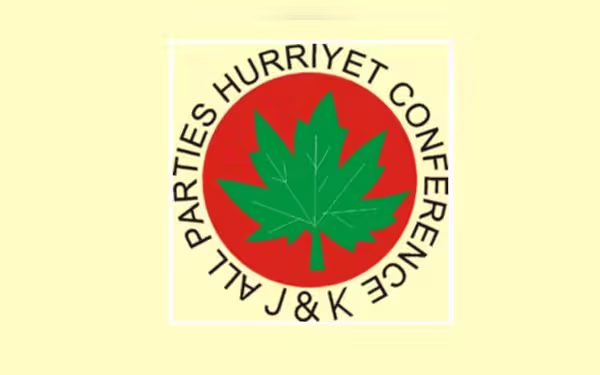Saturday, November 16, 2024 07:44 PM
Modi Regime's Assault on Muslim Identity in IIOJK
- APHC warns of systematic assault on Muslim identity.
- Hindutva agenda marginalizes Muslims in IIOJK.
- Forced integration of Hindu symbols creates fear.
 Image Credits: radio.gov.pk
Image Credits: radio.gov.pkAPHC raises concerns over Modi regime's assault on Muslim identity in IIOJK, highlighting cultural and religious marginalization.
The situation in Indian illegally occupied Jammu and Kashmir (IIOJK) has been a topic of intense discussion and concern, particularly regarding the treatment of the Muslim population in the region. The All Parties Hurriyat Conference (APHC), a coalition of pro-freedom parties in Kashmir, has recently raised alarms about what they describe as a systematic assault on the Muslim identity by the Indian government. This claim is rooted in the belief that the current regime, led by Prime Minister Narendra Modi, is promoting a Hindutva agenda that seeks to marginalize the Muslim community in IIOJK.
According to the APHC, the Modi regime is implementing various strategies to undermine the cultural and religious identity of Muslims in the region. One of the primary methods cited is the promotion of Hindutva through cultural programs and policies that favor Hindu traditions over those of the Muslim population. This includes the takeover of religious sites that hold significance for Muslims, which the APHC argues is an attempt to erase their historical and cultural presence.
Furthermore, the APHC highlights the forced integration of Hindu symbols and traditions into daily life in IIOJK. This not only affects the cultural landscape of the region but also creates an environment of fear and alienation among the Muslim community. The imposition of such symbols is seen as a direct challenge to the identity and beliefs of the local population, leading to increased tensions and unrest.
The implications of these actions are profound. The identity of a community is deeply intertwined with its cultural and religious practices. When these are threatened, it can lead to a loss of heritage and a sense of belonging. The situation in IIOJK serves as a reminder of the importance of cultural preservation and the need for dialogue and understanding among different communities.
The claims made by the APHC regarding the assault on Muslim identity in IIOJK reflect a broader struggle for recognition and respect in a region marked by conflict. It is crucial for the international community to pay attention to these developments and advocate for the rights of all communities in IIOJK. Understanding the complexities of this issue is essential for fostering peace and coexistence in a region that has seen too much strife.













